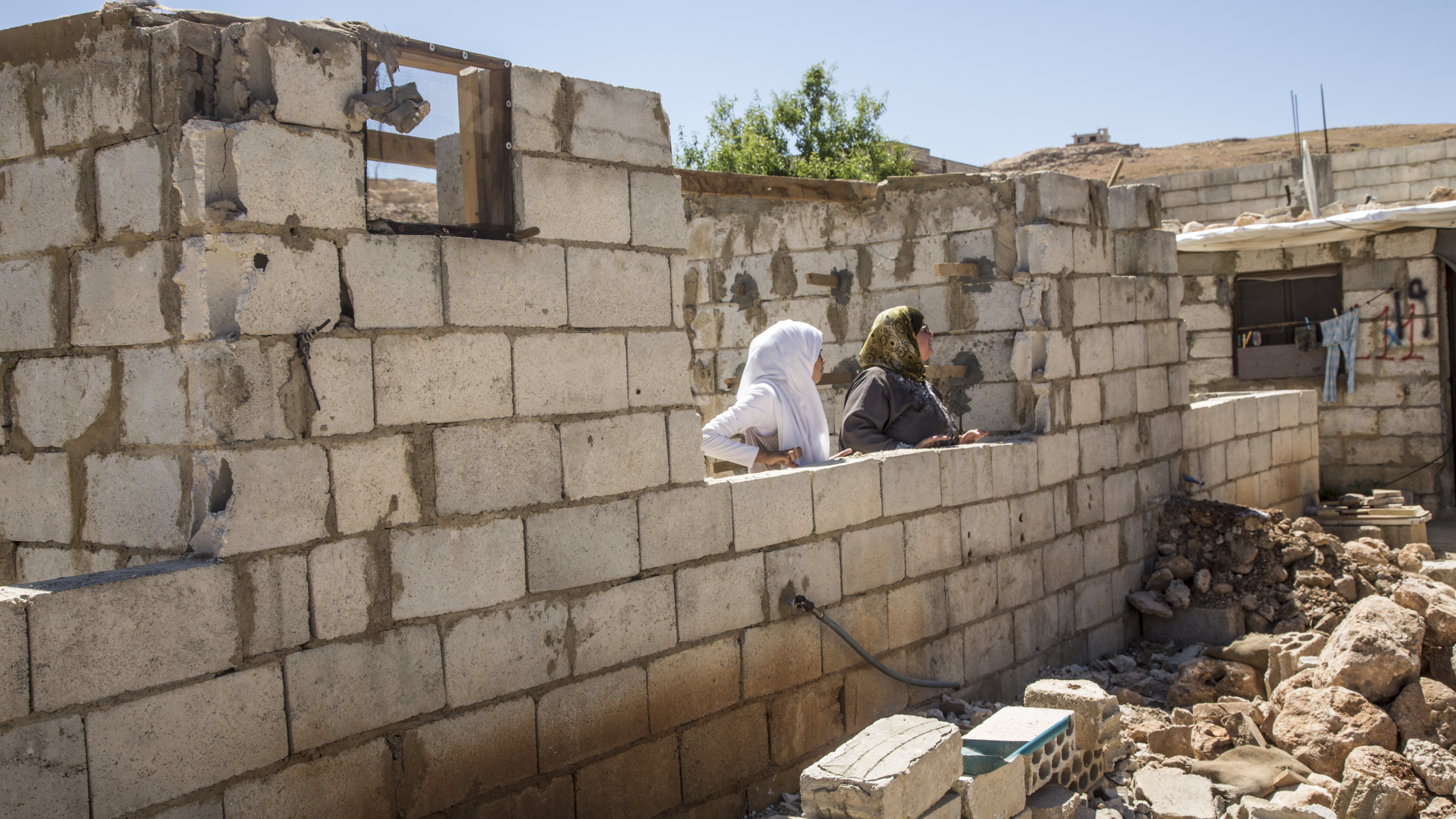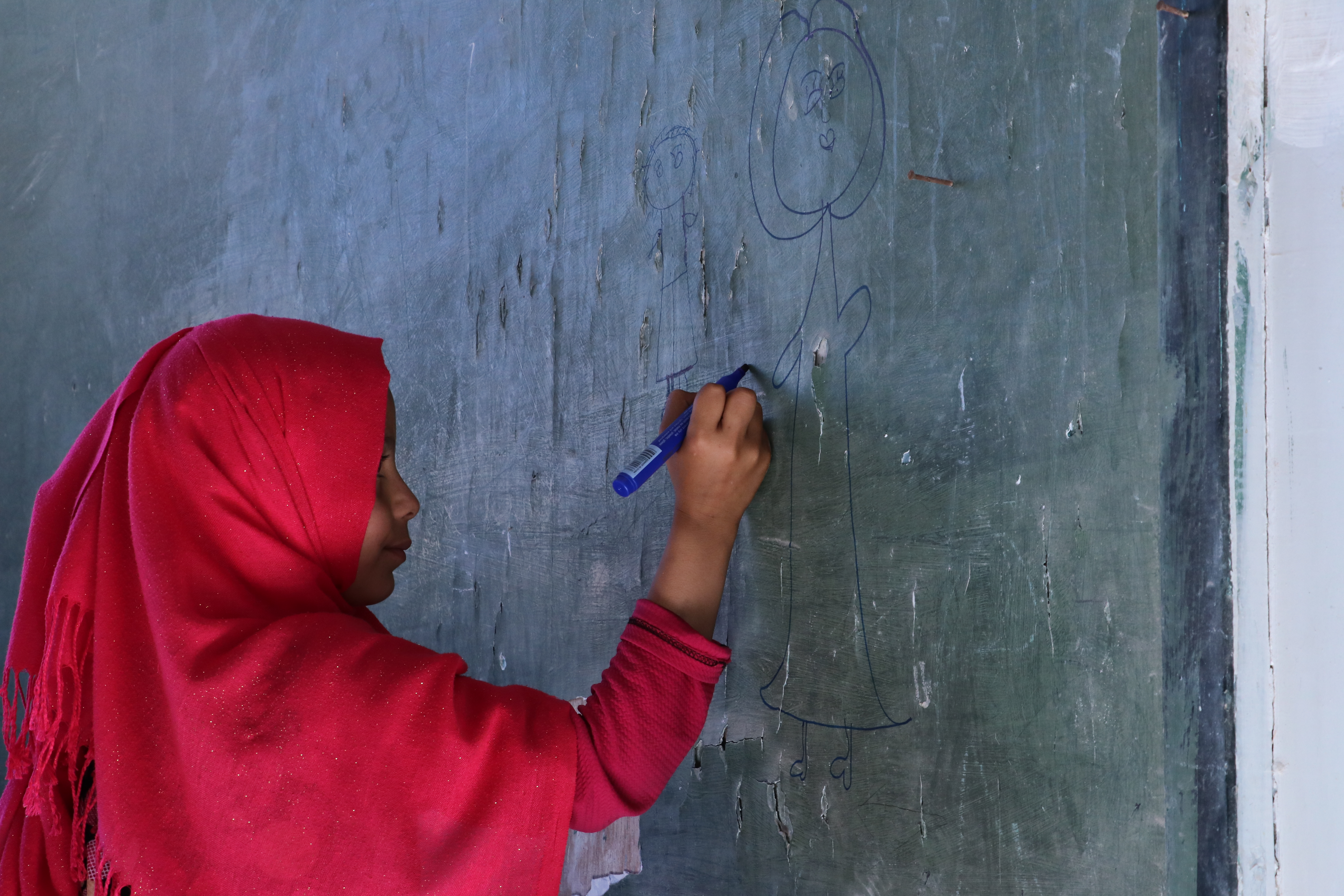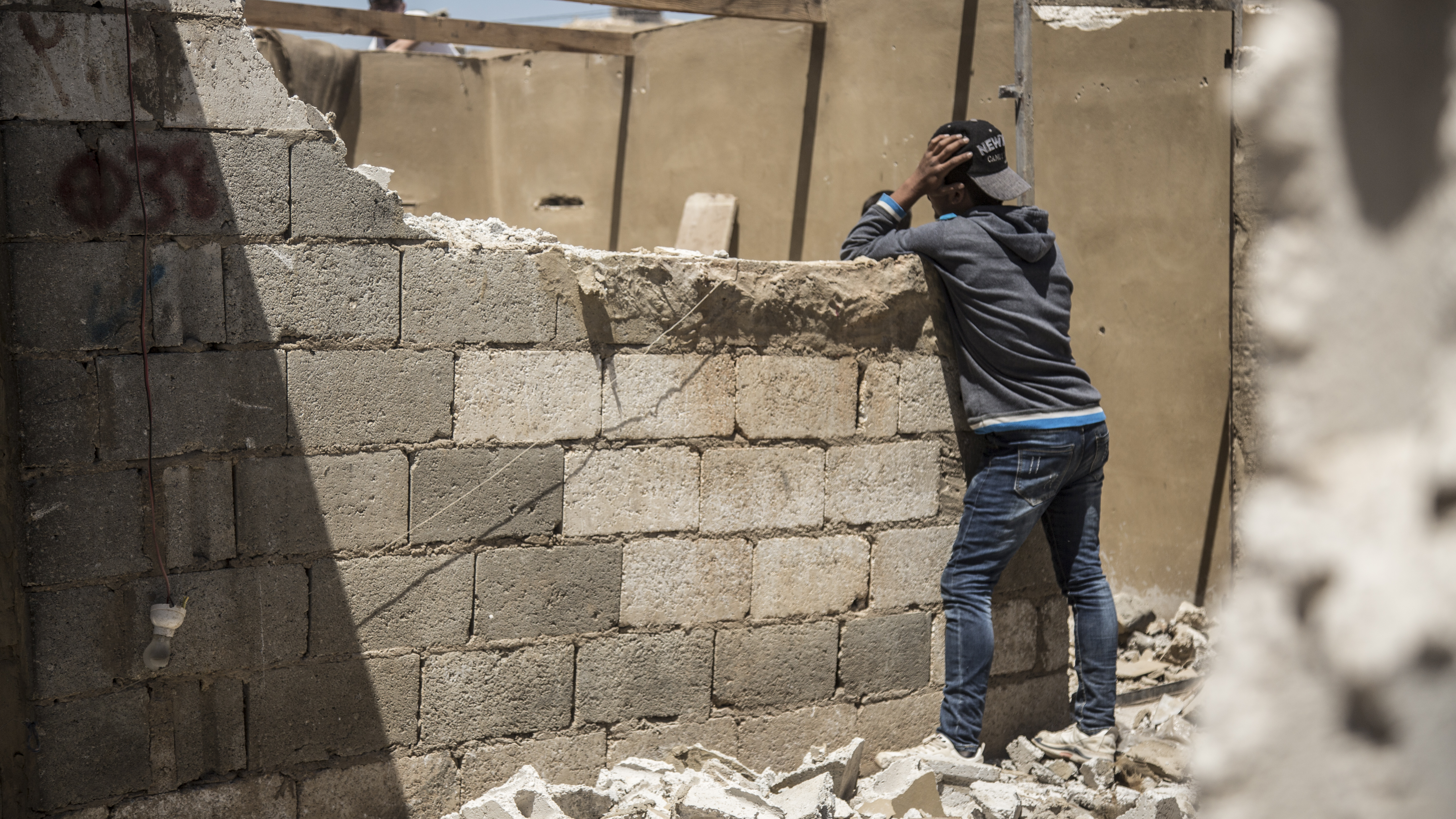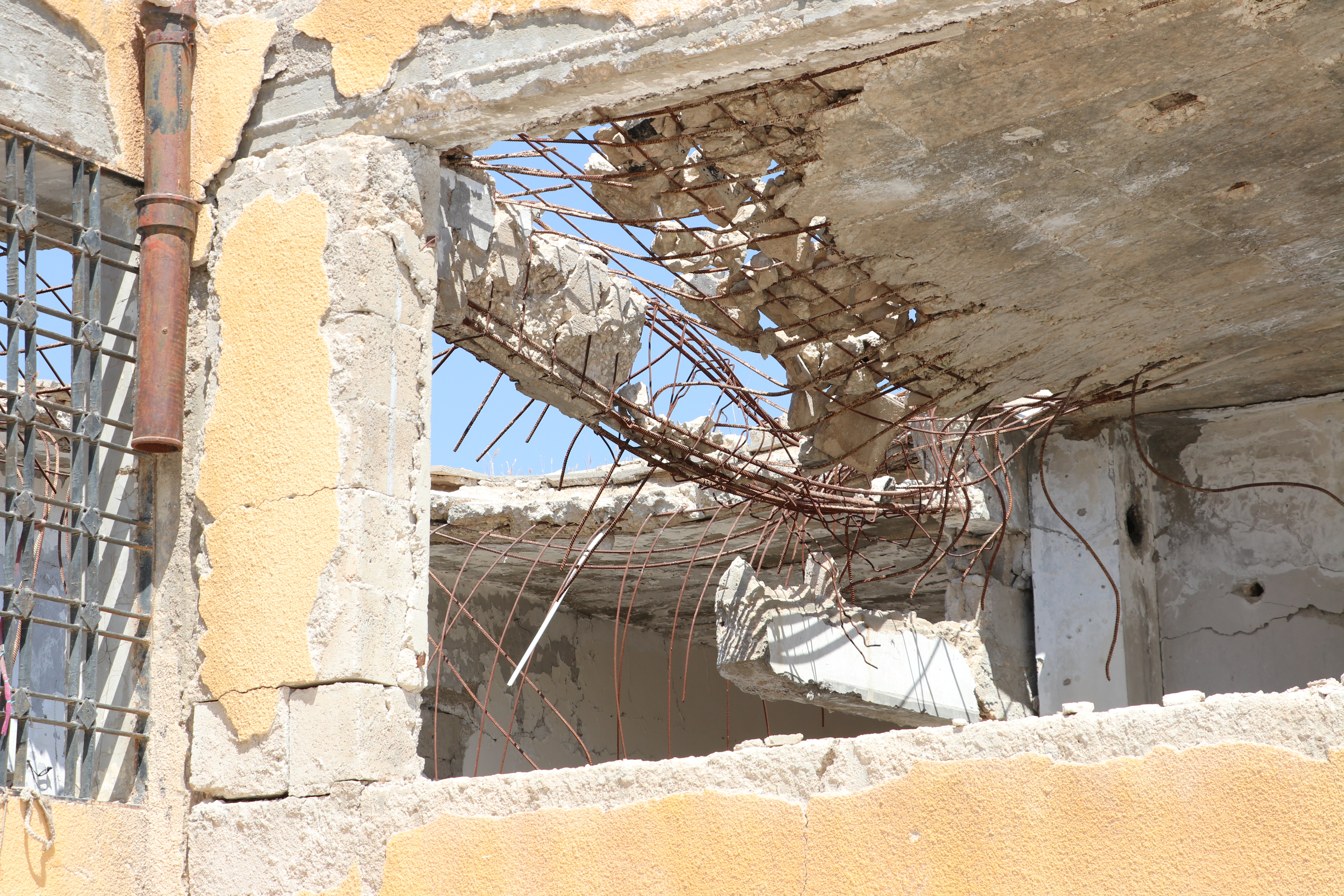The demilitarized zone in southern Idleb and northern Hama witnessed low-level conflict escalation from early February 2019, with artillery attacks and airstrikes by Government of Syria (GoS) forces targeting civilians and community infrastructure. The situation significantly deteriorated after 28 April, with heavy artillery and aerial bombardment of urban areas as well as a concerted ground offensive by the GoS and its allies.
Between 28 April and 01 August, despite heavy fighting, the GoS made little territorial gain the face of stiff resistance from opposition armed groups (OAG) in the area. On the 01 of August, a ceasefire was declared while discussions between the different parties were facilitated in Astana, Kazakhstan. The ceasefire broke down on 05 of August and the GoS made more significant gains, capturing the town of Khan Sheikhoun on the 19 August. Shelling, airstrikes and active fighting from this latest offensive affected areas in northern rural Hama and southern Idleb. The heavy aerial bombardment has mostly used weaponry of an indiscriminate nature (such as barrel bombs) which has caused a large displacement of IDPs mainly to northern Idleb as well as the loss of civilian lives.

By late-August 574,000 IDPs have fled and around 50 percent of the IDPs are children. According to the OHCHR, more than 500 people have been killed in the escalation of fighting since 28 April, with local organisations quoting figures that are higher (over 800 people killed).
A Protection Cluster report states that 90 percent of IDPs have left their previous location with families, including children, with lack of transportation, explosive hazards, and the ongoing conflict as the main protection risks faced en-route.
In terms of protection needs upon arrival there is a large split between the perceived needs of adults versus the perceived needs of children who were surveyed. All age groups agree that safety, food, shelter and basic items have a high priority, but the vast majority of girls and boys state that space for play and education are towards the top of their priorities. This is in contrast to women and men, who rank these issues as a low priority. There was a consensus among those surveyed to prioritise those who were perceived as most vulnerable, such as older people, people with disabilities as well as children and infants.

According to the Nutrition Cluster, at least 20,000 children under the age of 59 months and pregnant and lactating women (PLW) have been displaced, negatively affecting child feeding practices, which increase pockets of acute malnutrition, illness, disease and death. The youngest infants are the most vulnerable to the current displacement and rapid transit. The latest nutrition surveillance data shows an alarmingly low rate of exclusive breastfeeding at eight percent, which will likely decrease due to rise in caregiver stress, combined with lack of time and attentiveness. The nutrition sector is calling for stakeholders to support infants with rapid response teams and skilled staff to provide IYCF counselling support, screening, and nutrition supply distribution. Following the movement of the population is critical to provide vulnerable infants with needed feeding and care services.
The Education Cluster estimate 150,000 school age children, who are recently displaced, are in need of education services. Approximately 250,000 school aged children have had their educational services disrupted due to frequent suspension of schools and educational spaces. Both short term, such as mobile education units, and longer term, education interventions such as temporary learning spaces are required to allow children to fulfill their right to education.

Despite the rapid escalation in the numbers of displaced, it is likely that those displaced will face a protracted period away from their homes, villages or towns. Given the current domestic politics in Turkey it seems highly unlikely any IDPs will be allowed to cross into Turkey.
Humanitarian activities will become ever more important in the upcoming winter months. Temperatures will soon be below 10 degrees Celsius and snow is not uncommon in some areas. Humanitarian Advisors call on donors and the international community to increase their support to communities and humanitarian actors working in norther west Syria. The crisis has been critical for a prolonged period, and continues to deteriorate even further. At the same time, Humanitarian Advisors calls on all parties to the conflict to immediately cease use of indiscriminate weapons and conducting attacks in areas occupied or used by civilians, including IDP settlements, schools, hospitals, and markets.

1 thought on “Increasing Human Insecurity in Northern Syria”